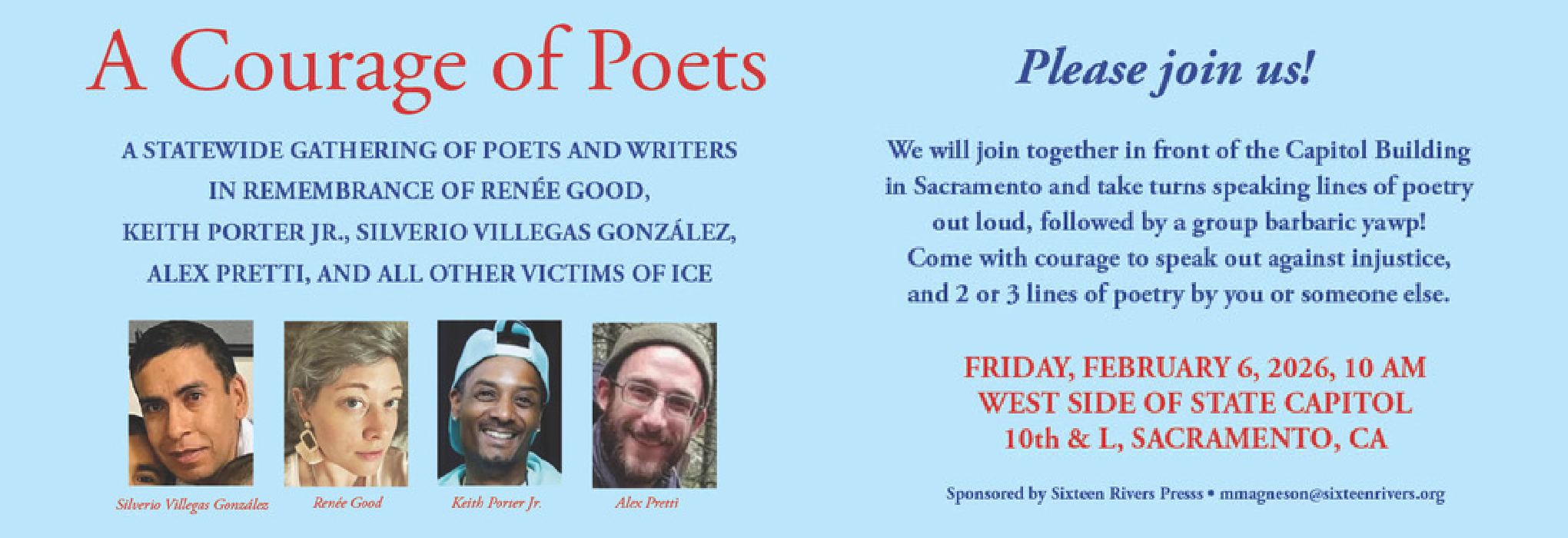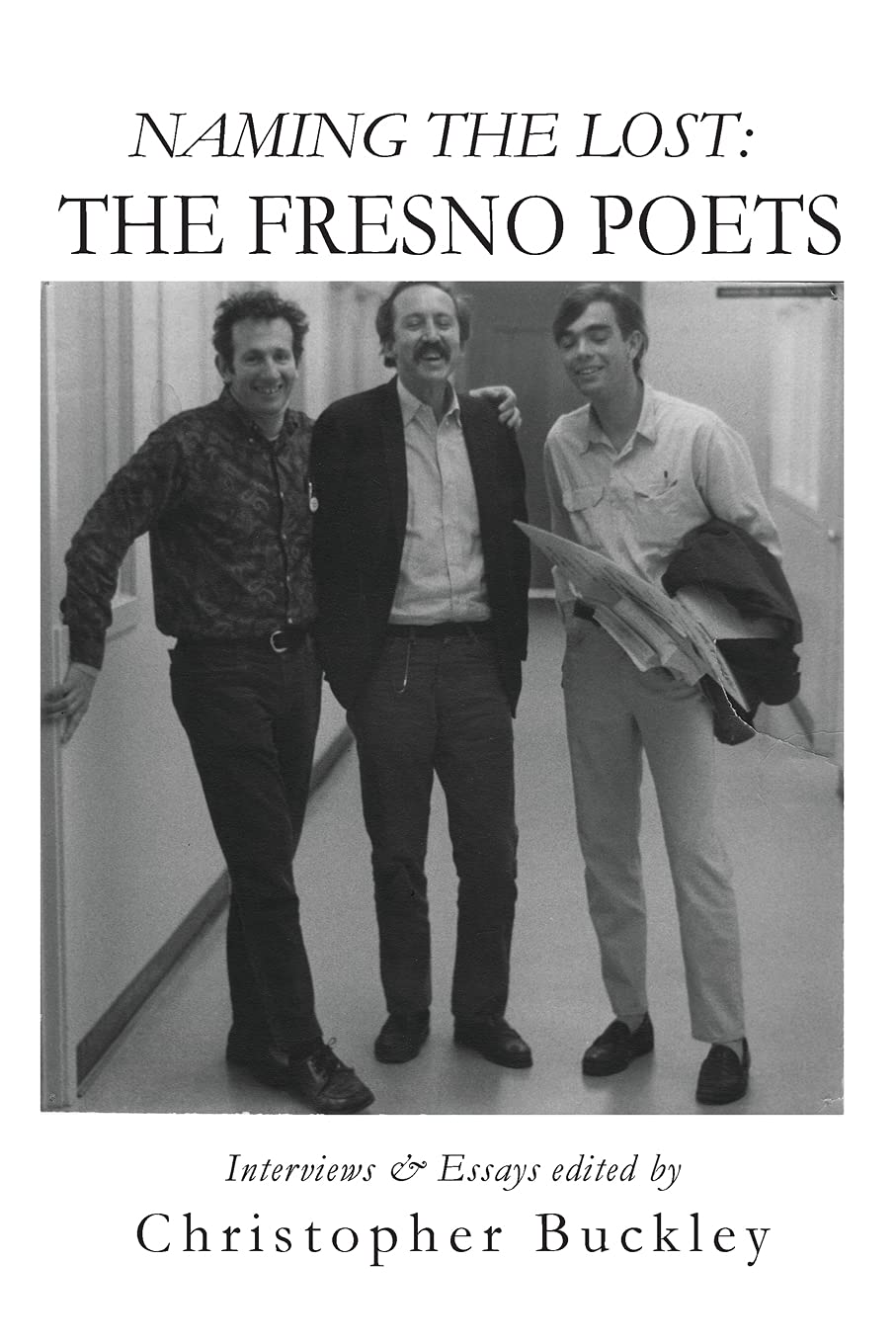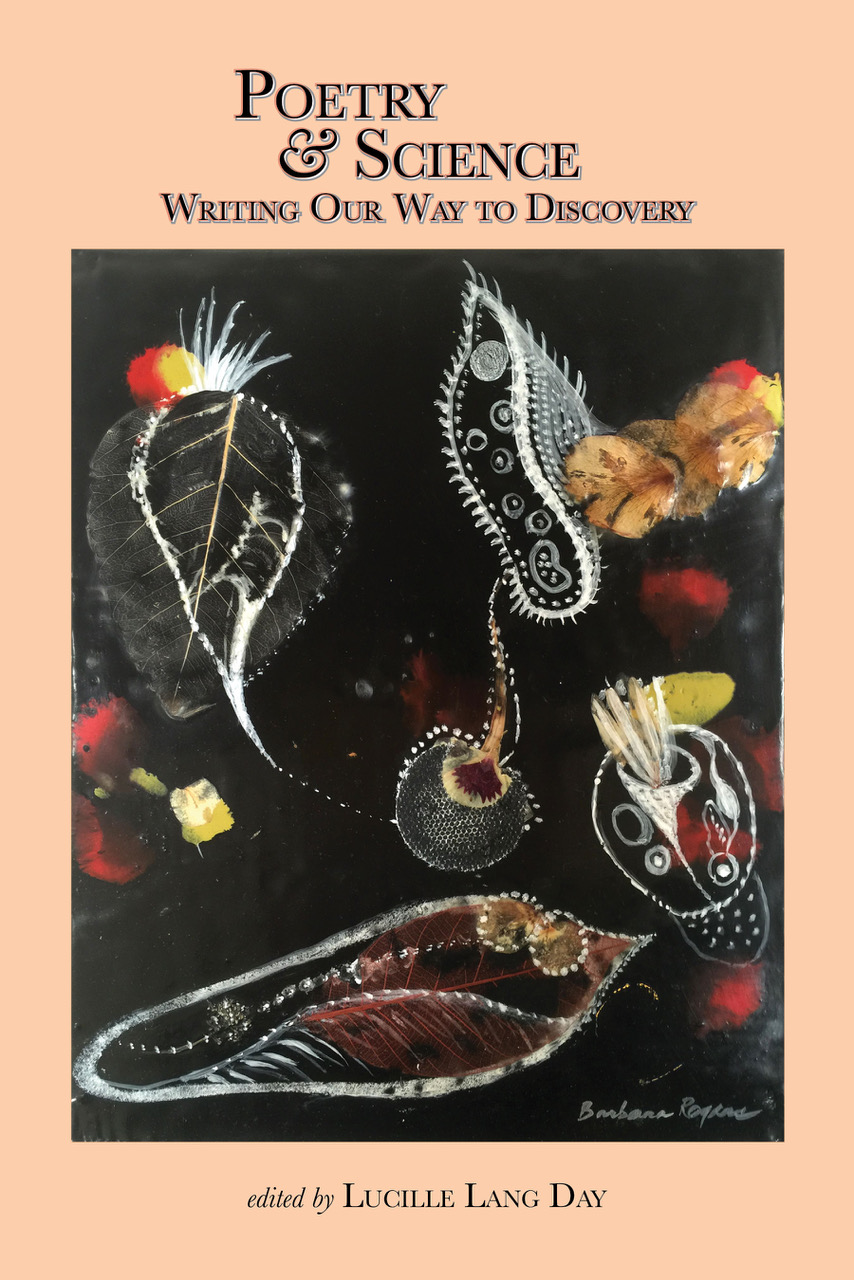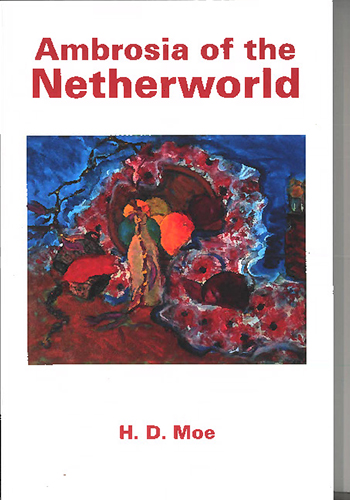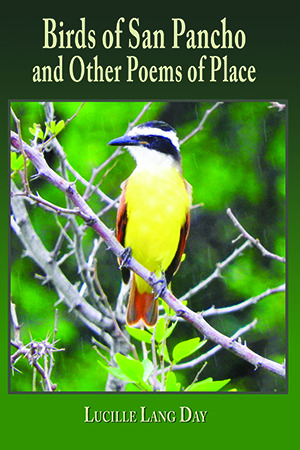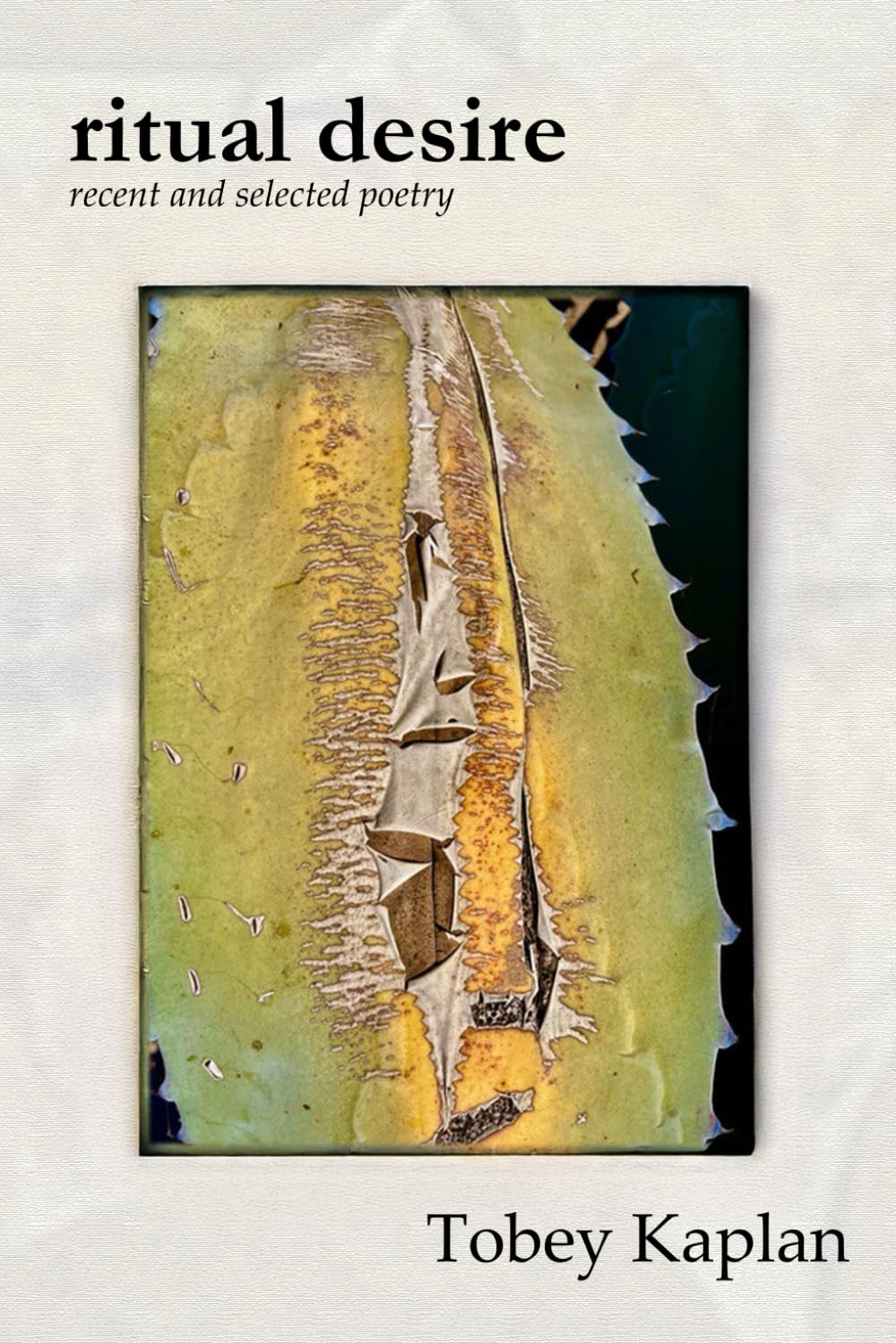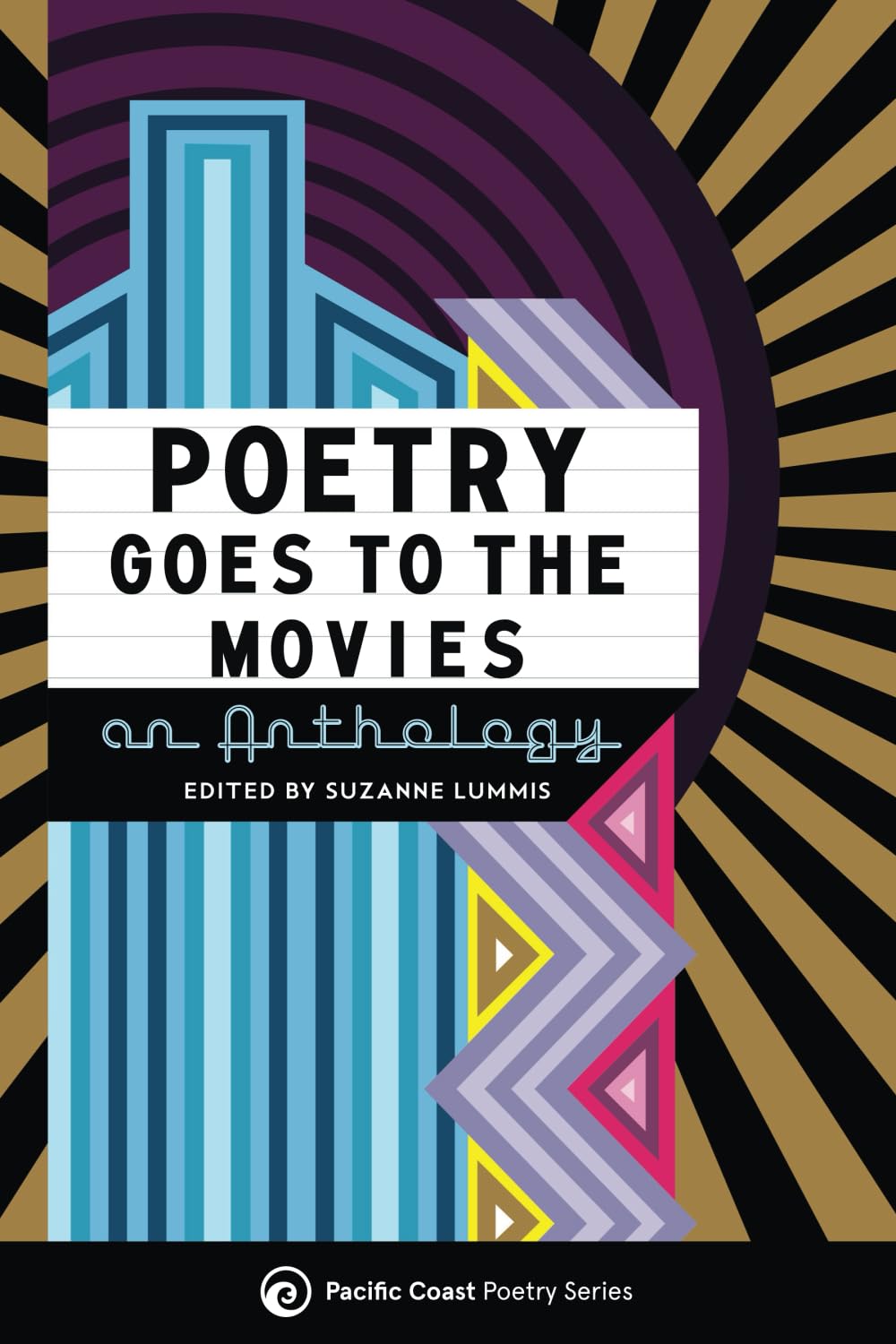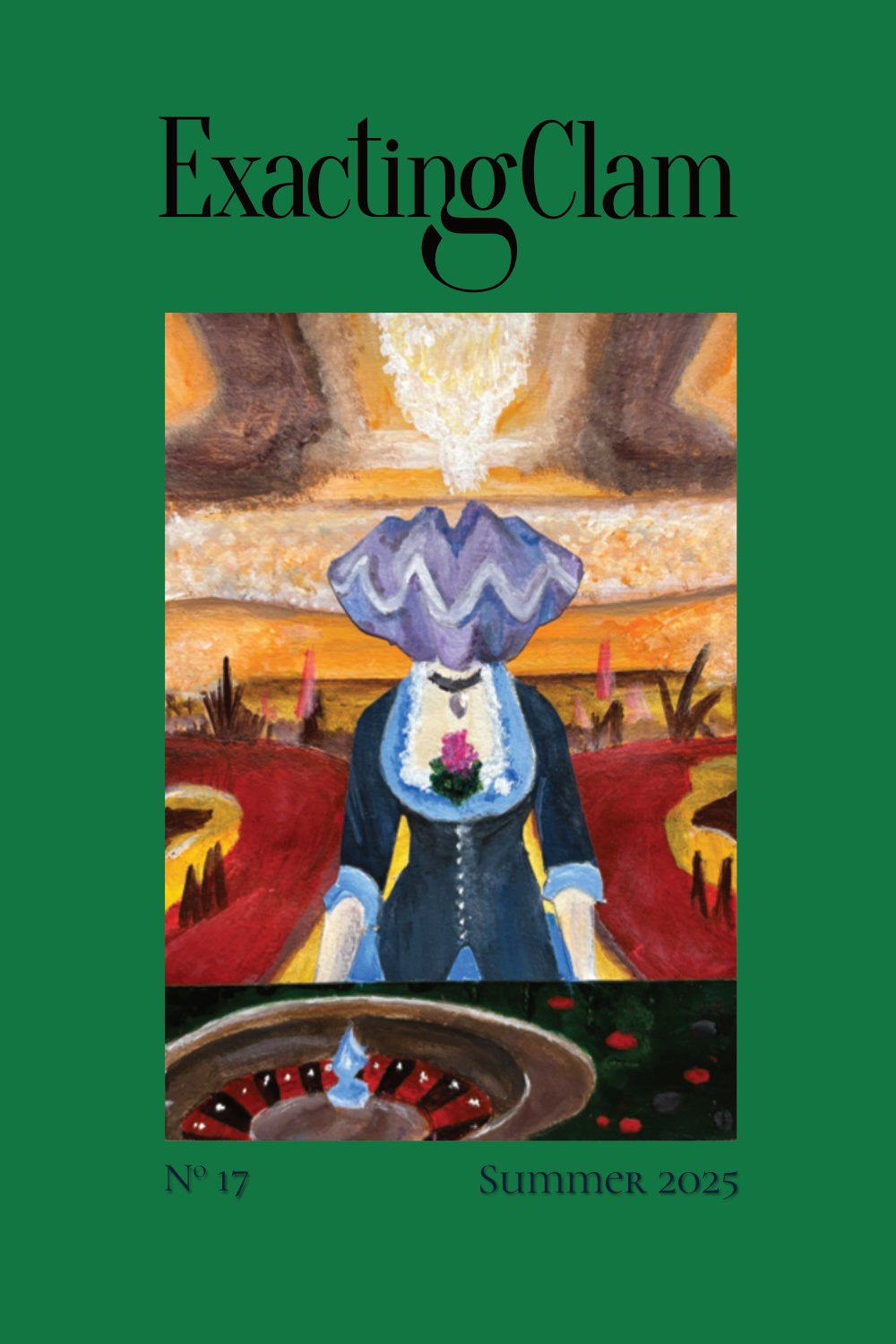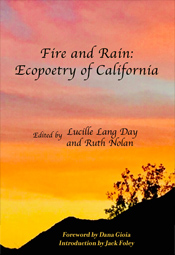
Remembering Jack Gilbert:
The Last Reading
by Bill Mayer
Jack Gilbert died on November 13, 2012, in Berkeley, California, at the age of 87. He was born in 1925, in Pittsburgh, Pennsylvania. His Collected Poems (Knopf, 2012) was released last spring.
Poetry readings are peculiar events. Attended by colleagues, competitors, friends and just about nobody else, they seem more like cell meetings than cultural happenings. They demand an unusual amount of concentrated attention, yet many poets are at best, indifferent readers. In late March though, at the 92nd Street Y in New York, there was an unusual and remarkable reading featuring two poets, Jack Gilbert and Vijay Seshadri. Seshadri is an imposing figure with a melodic and appealing voice. His manner is attractive, and his poetry is worthy of the honor of reading at the Y. But I suspect most people came to see Gilbert.
Jack Gilbert is an almost mythological figure. Lionized and nominated for the Pulitzer Prize with his first book, Views of Jeopardy, a Yale Younger Poets Award in 1962, he seemed destined for a major career. Handsome, pugnacious, elegant, and sexy, he drew audiences in a manner reminiscent of Dylan Thomas some ten or more years before. People came to his readings who were not poets, but who felt the necessity of what he read. He was a riveting reader, and his poems displayed an unusually brilliant and interesting mind. Success was inevitable. But sometime in the middle 1960s, he realized that fame held little attraction for him. He taught briefly at San Francisco State University (where I, a very young, very raw, student, met him), and then, in the spring of 1967, he and Linda Gregg went away, first to Greece, and then Denmark, for four years. He returned to San Francisco in the early 1970s, and then left again—this time for Japan, and the east—and then again to Greece. Somehow, the editors at Knopf (thanks, I believe, to Gordon Lish) managed to get a second book out of him, Monolithos, in 1982. Two books of poetry have appeared since, The Great Fires in 1995, and Refusing Heaven in 2005. But during much of that time, unless you were a friend, he was difficult to find, and even if you did find him, the odds of his replying to your letters were not good.
Now eighty-two, he is a small, frail, white bearded figure, who looks a little like Ezra Pound in his last years. As he puts it, his mind is fine, but the brain sometimes doesn’t work very well. The voice is eggshell thin, and he speaks slowly and very softly. But the voice can still ring with the old authority—you do not want to make him mad. These days he is living in Northampton, Massachusetts, in a small cottage in the woods by a stream. When in New York, he stays with Linda Gregg in her East Village apartment.
The reading was in conjunction with a master class conducted both by Gilbert and by Gregg. Six talented students were hand chosen. Each submitted six poems and these were then copied and handed out to everyone else. The workshop lasted about four hours. Linda did most of the talking, but Jack would comment briefly, trenchantly. At the end of the workshop, as we were leaving, I mentioned to Jack that he had been a little rough on one of the students. His only response was “I don’t lie.”
It was understood the night of the reading (and approved by Gilbert himself) that he might not make it through, that he might become confused, or disoriented, or simply find it too difficult to manage reading the poems. In which case I, Donald Brees, or Steven Rood, poets who have known him for many years, would help, perhaps read a poem he could not, or do something, we were never quite sure what. The three of us were seated in the front row, with copies of the poems he would read, ready for whatever action seemed appropriate.
I do not know how many people fit into Buttenwieser Hall, maybe two hundred, maybe three, but it was filled. Seshadri read first. He expressed what an honor it was for him to be reading with Jack. He was well received, and deserved to be. And then, without intermission, Jack Gilbert was introduced, and led up to the podium. The stage is about five feet above the hall, so you have to go through one of the side doors, then up a few stairs, and out on the stage to the podium. It took a while, but the applause for him was loud and more than courteous. He immediately started reading the first poem, “A Brief for the Defense.” “Sorrow everywhere.” Long pause. And suddenly, Linda realized he had forgotten his glasses. “Slaughter everywhere.” She signaled to Betsy Bonner, who organized both master class and reading, and she took them and carried them up to the podium. Jack, meanwhile, was having a difficult time. A line was skipped, and then another. It was occasionally difficult to tell whether he was revising on the spot (something he has done in the past) or just struggling to read the lines. When he got the glasses and put them on, he looked up briefly to the audience, and said only “That helps.” There was a nervous, and faintly relieved titter. But the reading did not get much easier. “We must risk delight. We can do without pleasure, / but not delight.” I felt as though I were watching a drunken man trying to cross Broadway at rush hour, and with the street all iced up.
The second poem went pretty much as the first. Lines were skipped, sometimes returned to, sometimes not. The voice blurred a little, but it was impossible not to feel an almost ferocious will inside that small figure on the stage. And I began to think he might actually do it. The third poem, “On Growing Old in San Francisco,” went a little easier if extremely slowly; its melody seemed to carry him. Try reading this at half speed:
Two girls barefoot walking in the rain
both girls lovely, one of them is sane
hurting me softly
hurting me though
two girls barefoot walking in the snow
walking in the white snow
walking in the black
two girls barefoot never coming back
Then more struggles with “Pewter,” one of his great poems from about thirty years ago. And yet, somehow, doggedly, he kept going. He read the poem originally planned to be last, “Don Giovanni on His Way to Hell,” and Betsy next to me quietly wiped tears off her face. Both the beauty of the poem and its significance now, at this time of his life, were obvious. After a couple more poems, he read one I did not have a copy of, an elegy for an old friend, and then another, which was almost incomprehensible. The audience was absolutely silent and, I think, utterly spellbound by what must have been the unexpected drama unfolding before them.
Jack shuffled his papers and said, half to himself “One more poem—no, two.…” But we knew there were no more and looked at each other in alarm. He then began to read again “Don Giovanni.…” :
The oxen have voices
the flowers are wounds
you never recover from Tuscany noons
they cripple with beauty
and butcher with love
sing folly, sing flee, sing going down
Even slower this time. As though to draw it out. We motioned to each other: at the end of the poem we would begin clapping, to let him know.
You never recover
you never escape
and you mustn’t endeavor to find the mistake
that cripples with beauty
that butchers as love
sing folly, sing flee, sing going down
sing maidens and towns, oh maidens and towns
folly, flee, sing going down
And then, we began to clap, Steve, and Donald, and Linda, and I, slowly at first. And the audience knew, and so I think did Jack, and the applause rang out, and people stood, and Jack looked up, half smiling, not seeming surprised at all. He began to walk very slowly towards the front of the stage (there is that five foot drop) and several ran over to stop him, and lead him through the side door and down, all the while the applause continuing, until he came out the door below. And then more applause.
Did he do it on purpose, reading that poem the second time? I don’t know; I couldn’t ask. Somehow, though, it seemed perfect. ![]()
Bill Mayer’s recent book of poetry is Articulate Matter. He lives in Berkeley, California. This article was originally published in Poetry Flash, issue 299/300, Fall 2007/Winter 2008.
Photograph by Robert Toby.




